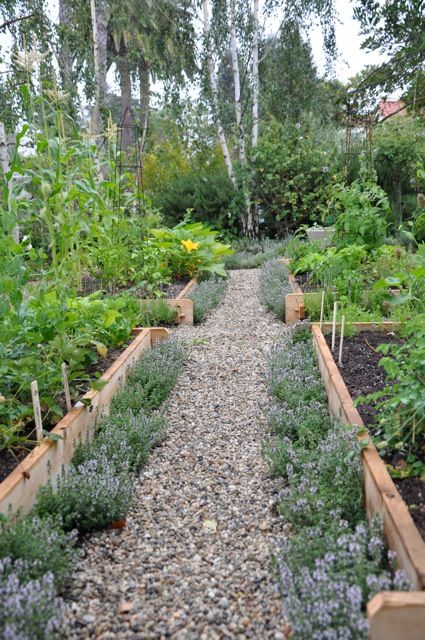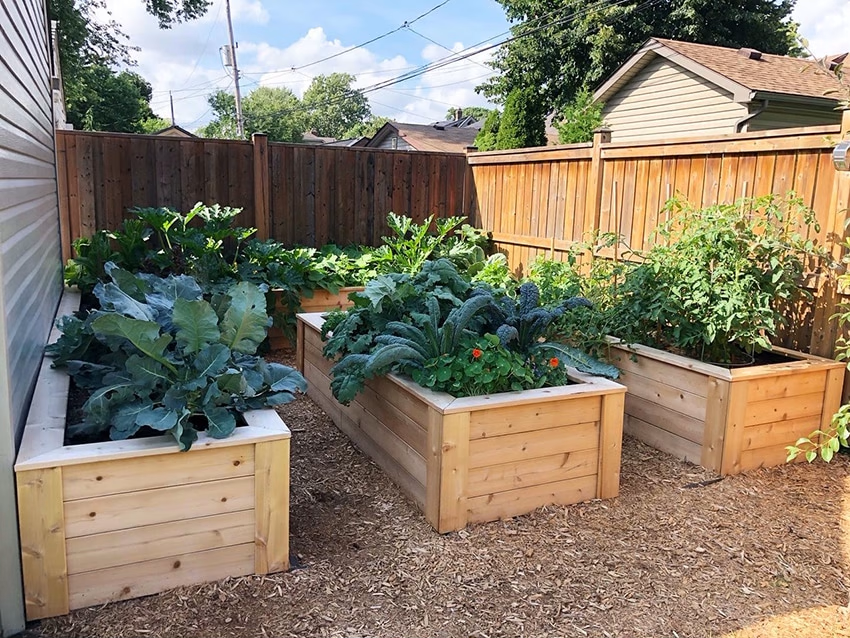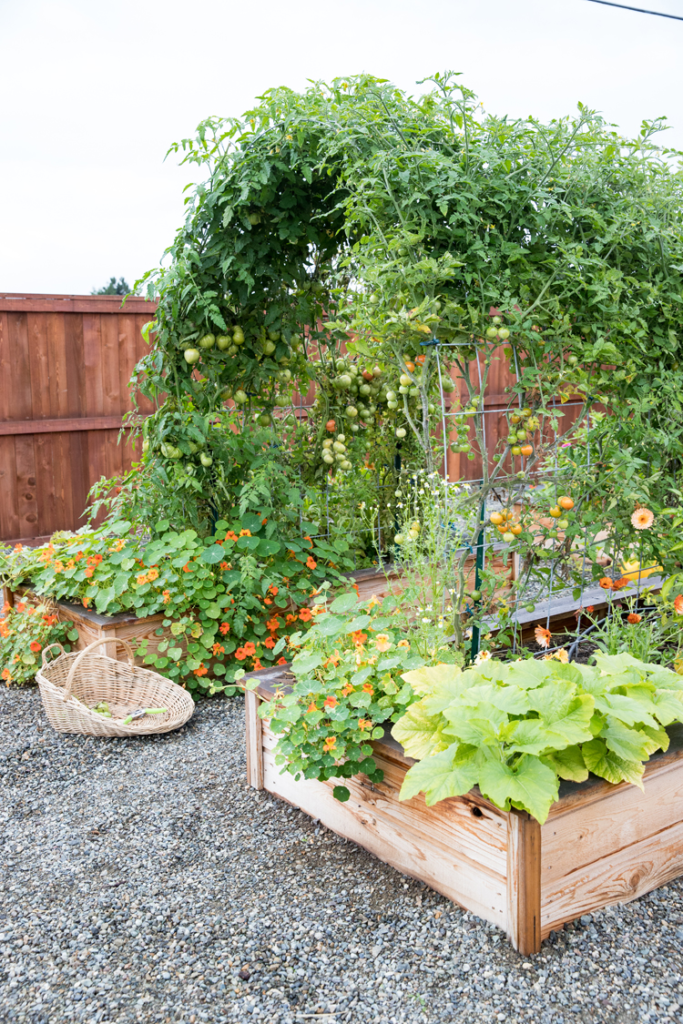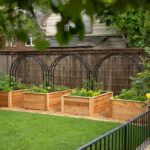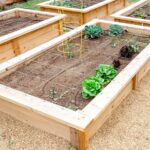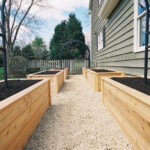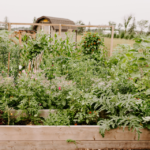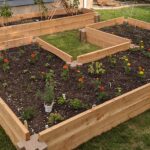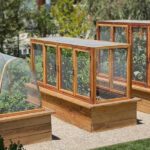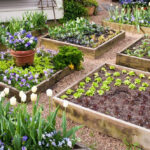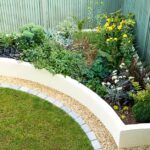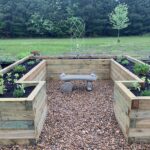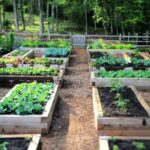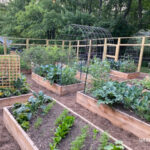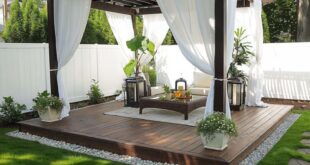Raised bed gardens are a popular option for many gardeners looking to maximize their growing space and improve the health of their plants. These gardens, which are essentially large containers filled with soil and plants, have several advantages over traditional in-ground gardens.
One of the main benefits of raised bed gardens is their ability to improve soil drainage. The sides of the raised bed act as a barrier to excess water runoff, allowing plants to thrive in well-drained soil. This can be especially beneficial in areas with heavy rainfall or poorly draining soil.
Raised bed gardens also allow for better soil quality control. Gardeners can easily add amendments such as compost, peat moss, or vermiculite to the soil in their raised beds, creating an optimal growing environment for their plants. This can lead to healthier plants and higher yields compared to plants grown in unamended soil.
Another advantage of raised bed gardens is the reduced likelihood of soil compaction. In traditional in-ground gardens, the soil can become compacted over time from foot traffic and heavy machinery, which can hinder root growth and water infiltration. Raised bed gardens, on the other hand, have loose, aerated soil that promotes root development and allows for better water and nutrient uptake.
Raised bed gardens also offer easier accessibility for gardeners. The elevated design of raised beds can reduce strain on the back and knees, making planting, weeding, and harvesting more comfortable and enjoyable. Additionally, raised beds can be built at a height that is convenient for gardeners of all ages and abilities.
For those with limited space, raised bed gardens are an excellent option. These gardens can be placed on patios, balconies, or even rooftops, allowing urban gardeners with small outdoor spaces to grow their own vegetables, herbs, and flowers. Raised beds can also be built to custom sizes and shapes, making them a versatile choice for any garden layout.
Overall, raised bed gardens offer numerous advantages for gardeners looking to improve the health and productivity of their plants. From improved soil drainage and quality control to reduced soil compaction and easier accessibility, raised bed gardens are a practical and effective gardening solution for both beginner and experienced gardeners alike.
